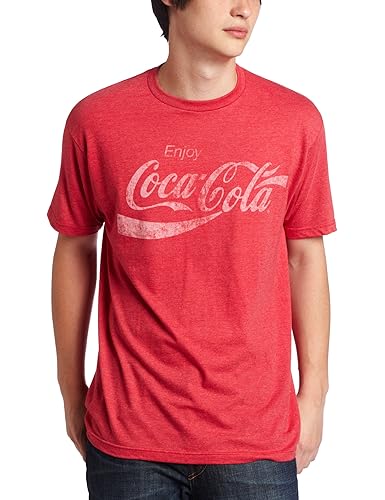FedoraFan112390
Practically Family
- Messages
- 642
- Location
- Brooklyn, NY
Prior to the 1960s roughly, what a man or woman dressed was just a part of life; it was meant to pass along a sense of dignity and style. Even homeless men dressed well. After the 1960s, with the rise of 'design T-Shirts', men and women both have become walking advertisements. You can read on a person's shirt what movies they love, or what bands they like the most. We've become, with the rise of T-Shirts, walking advertisements...I feel this is one of the biggest distinctions between our time and the Golden or Silver Eras (anytime before the mid-late 60s really). The question is, why are we so okay as a culture with letting our attire act as advertisements, and will we ever go back to class?











